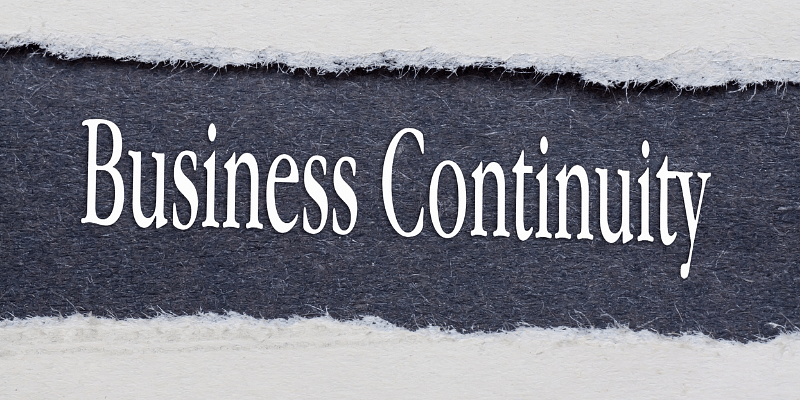“For some organisations, near-term survival is the only agenda item. Others are peering through the fog of uncertainty, thinking about how to position themselves once the crisis has passed and things return to normal. The question is, ‘What will normal look like?’ While no one can say how long the crisis will last, what we find on the other side will not look like the normal of recent years.”
-Ian Davis, Former Managing Partner, McKinsey
2020 has been a decidedly challenging year. With the pandemic causing widespread anxiety and disruption in our day-to-day lives, the world as we knew it in the pre-COVID-19 era is long gone. From a business standpoint, almost every single organisation has been impacted profoundly by the global crisis.
In what is being defined as the ‘new normal’ of the world, businesses are gradually picking up pace, although returning to pre-pandemic levels may take time. For the mobility/automobile sector, however, business continuity has been on a steady upward growth trajectory.
The segment has gone from surviving amidst the pandemic to thriving in it by making the most out of available resources and opportunities. Some brands may reimagine their business model entirely while others have simply improvised and fortified existing ones.
But what is common is the resilience brands in the industry are displaying to emerge from the crisis stronger. While the road to recovery may be a long one, optimising your goals and strategies can go a long way in accelerating the process.
That said, here are some turnaround strategies to get business continuity back on track.
Extra care and why consumers have cared
There exists a new world order in which safety and hygiene are paramount. For any business, regardless of its nature, hygiene and safety are crucial elements. For the mobility segment, particularly personal mobility, skimping on safety protocols is ruled out as it can result in dire long-term consequences, jeopardise the customer’s safety, and put your business in a tailspin.
In today’s tech-driven world, ensuring safety and hygiene can be done effectively with the help of cutting-edge technology such as AI, ML, Data Analytics, etc. Strictly implemented hygiene protocols can help revive post-pandemic operations sooner than expected.
For instance, some used-car platforms have gone the extra mile to introduce home deliveries and home test drives of vehicles with regular, thorough sanitisation. The onus of ensuring that top-tier safety measures are enforced diligently rests upon the brands, and following through with this will pave the way for a speedy revival process.
Furthermore, companies also need to make sure that by focusing on safety measures, quality doesn’t take a hit. This is of utmost importance since it can be easily overlooked while striving to maintain hygiene and safety, thereby creating a subpar product/service and making for an unsatisfactory experience for the customer.
Customer-centricity is key
We are in the business of building and growing relationships first. So, it is crucial to maintain a customer-centric approach to your business strategies. Besides this, when businesses scale up, they often tend to focus only on expanding their footprint geographically.
However, increasing the consumer base is just as necessary as expanding a business’s footprint and the two aspects should be growing parallelly. It is also necessary to establish customer trust and grow the brand’s base in existing locations rather than simply aiming for expansion to various cities/countries.
Customer-centricity is a mix of various aspects that are merged such as the aforementioned. Investing in a relationship will not only help you in gaining the customer’s trust but also establish your brand’s presence through their satisfaction, laying a solid foundation for your brand’s progress.
For example, when it comes to personal mobility solutions, offering customers assured resale value, service warranty, or even a money-back guarantee can go a long way in boosting customer satisfaction, acquisition, and retention. Some brands even note that close to 30 percent of their success can be attributed to referrals.
For companies across the world, the aforementioned will be critical in navigating the post-COVID-19 environment. As uncertainty looms over the world, businesses need to reconsider and make considerable changes to their operational models and lay the foundations for continued success in the ‘new normal’.
(Disclaimer: The views and opinions expressed in this article are those of the author and do not necessarily reflect the views of YourStory.)










